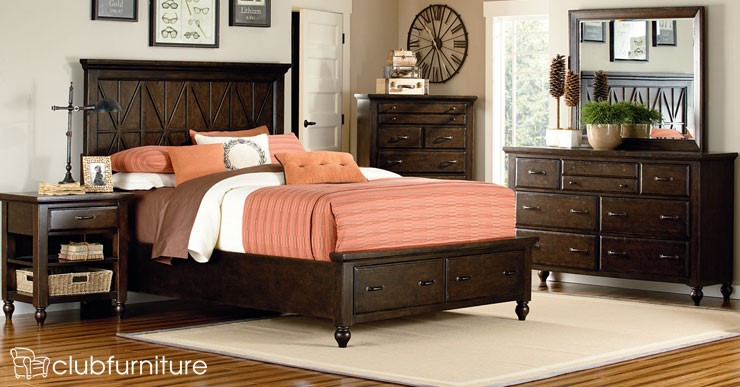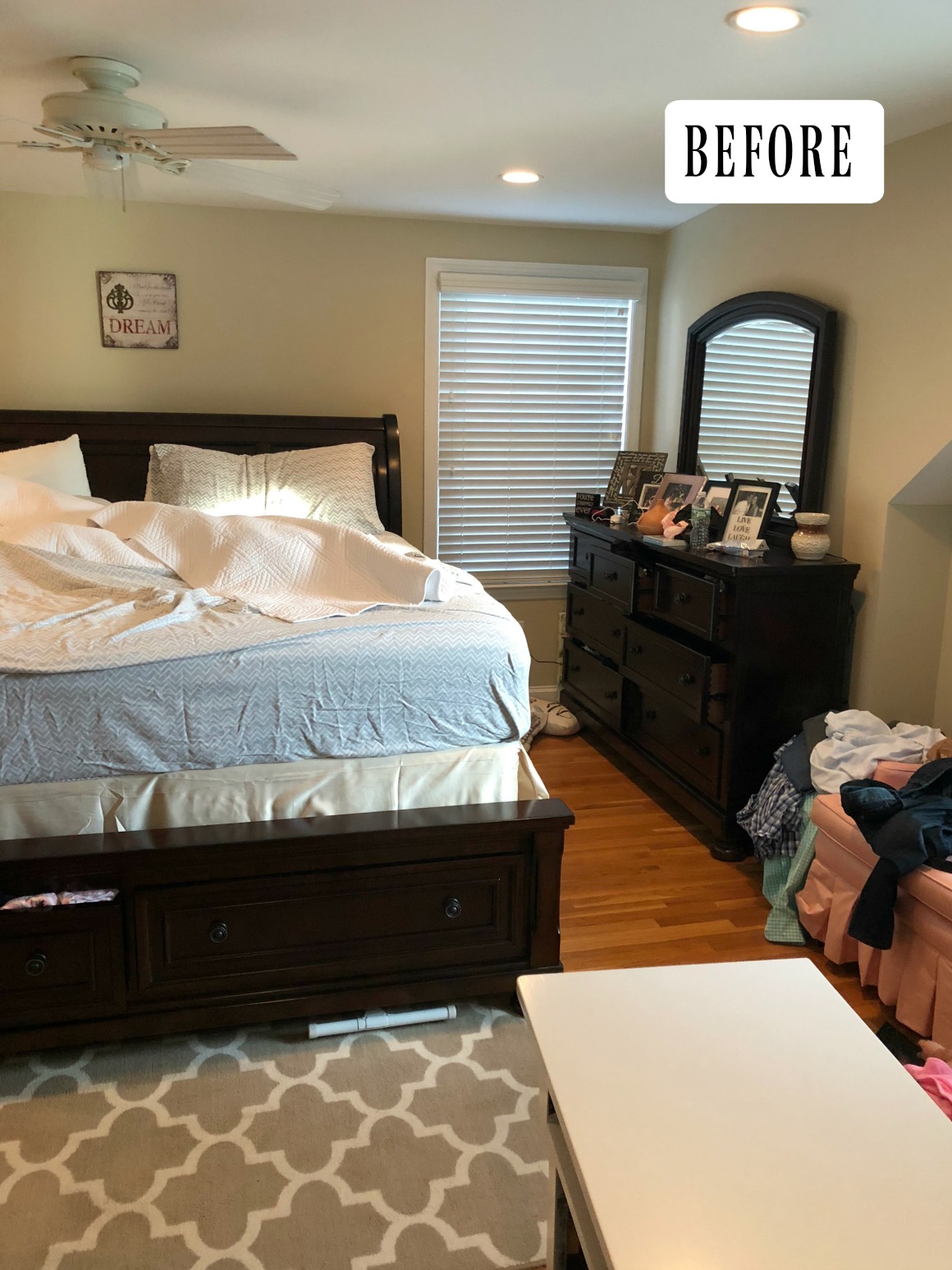Dark furniture can add elegance, depth, and a touch of sophistication to any bedroom. As someone who has spent years experimenting with various designs, I can confidently say that the right dark pieces can completely transform your space. In this guide, we’ll delve into the ins and outs of decorating bedrooms with dark furniture, ensuring your room is both stylish and inviting.
Why Choose Dark Furniture for Your Bedroom?
When considering design elements, the color and material of your furniture play crucial roles. Dark furniture stands out in a myriad of ways:
- Timeless Elegance: Dark wood or painted finishes can create a sophisticated look that never goes out of style.
- Contrast: Dark furniture provides a striking contrast against lighter walls, textiles, and décor.
- Warmth: Dark tones can create a cozy atmosphere, making your space feel more inviting.
Types of Dark Furniture to Consider
Understanding the types of dark furniture available is essential in creating a cohesive look. Here are the most popular options:
1. Dark Wood Furniture
Dark wood pieces like mahogany, walnut, and ebony offer durability and a classic aesthetic. They can range from rustic to modern.
2. Upholstered Furniture
Materials such as dark leather or velvet can introduce texture and comfort. These are perfect for beds, chairs, and ottomans.
3. Painted Furniture
Pieces painted in dark hues like navy, charcoal, or deep green can easily fit into contemporary or traditional settings.

Choosing the Right Color Palette
Your color palette influences the overall mood of your bedroom. Here are some suggestions on how to balance dark furniture:
Complementary Colors
| Dark Furniture Color | Complementary Colors |
|---|---|
| Dark Brown | Beige, Cream, Soft Gray |
| Charcoal Gray | Soft Blue, White, Pale Yellow |
| Black | Bright White, Bold Jewel Tones |

Accent Colors
Incorporating accent colors through décor items like cushions, rugs, and artwork can add vibrancy. Consider:
- Bright cushions in yellow or turquoise to lighten up dark furniture.
- A statement rug with patterns that incorporate darker shades to unify the look.
- Artwork featuring lighter colors to draw the eye and balance the overall tone.
Textiles and Fabrics for Dark Furniture
The right textiles can soften the heaviness of dark furniture. Here’s what to consider:

Choosing Bedding
Opt for light-colored bedding to create contrast. White, soft pastels, or even bold patterns can work well.
Window Treatments
Light, airy curtains can brighten up a room filled with dark wood. Consider sheer fabrics that allow natural light to filter through.

Lighting Solutions
Lighting plays a pivotal role in how dark furniture is perceived. Here are some tips:
Layered Lighting
Combine ambient, task, and accent lighting for a well-lit space:
- Ambient: Overhead fixtures like chandeliers or flush mounts.
- Task: Bedside lamps that provide focused light.
- Accent: Spotlights or wall sconces that highlight particular features.

Using Mirrors
Mirrors can reflect light, making the room appear larger and brighter. Placing a mirror opposite a window or light source can enhance the overall brightness.
Common Mistakes to Avoid
While dark furniture has many advantages, there are pitfalls to be aware of:

1. Overcrowding with Dark Furniture
Having too many dark pieces can make the room feel enclosed. Balance with lighter tones.
2. Ignoring Scale and Proportion
Make sure your furniture is appropriately sized for the space; oversized pieces can be overwhelming.
3. Neglecting Texture and Pattern
Mixing different textures can prevent the room from looking flat. Consider woven baskets, plush rugs, and patterned cushions.
How to Accessorize Dark Furniture
Accessories are key in creating a cohesive style. Here are some ideas:
Artwork and Wall Decor
Choose vibrant or light-tone art pieces to stand against dark furniture. Large canvases can serve as focal points.
Plants and Greenery
Introduce indoor plants like ferns or succulents to add life and color.
Decorative Items
Items such as candles, vases, and books in lighter shades can create visual interest and texture.
Pros and Cons of Dark Furniture in Bedrooms
| Pros | Cons |
|---|---|
| 1. Adds sophistication and elegance. | 1. Can make small rooms feel cramped. |
| 2. Creates a cozy atmosphere. | 2. Requires careful balancing with light colors. |
| 3. Versatile enough for various styles. | 3. Dark colors absorb more light, needing additional lighting solutions. |
FAQs About Decorating Bedrooms with Dark Furniture
1. What colors go well with dark furniture?
Colors like white, light gray, soft pastels, and bold jewel tones create a beautiful contrast with dark furniture.
2. How do I make my small bedroom look bigger with dark furniture?
Use mirrors, keep window treatments light, and balance dark pieces with lighter decor to create an illusion of space.
3. Can I mix dark furniture styles?
Yes! Mixing styles can add character, but ensure they share a common tone or finish for cohesiveness.
Final Thoughts
Decorating a bedroom with dark furniture can be a rewarding experience, creating a stylish and inviting sanctuary. With the right color palette, textiles, lighting, and accessories, you can achieve a space that reflects your personal style and feels welcoming. As you embark on your decorating journey, remember that balance and thoughtful choices are key.
Embrace the elegance of dark furniture and transform your bedroom into a cozy retreat that you’ll enjoy for years to come!